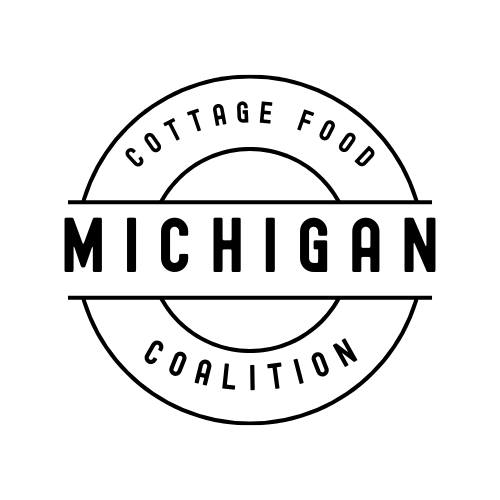Why Certification + Registration Matters (And Why It’s Still About Choice)
Great question—and if you’ve been wondering why certification and registration are even part of the conversation, you’re not alone.
For most of us working in the cottage food world here in Michigan, the big frustration isn’t safety—it’s the ceiling. That $25,000 cap doesn’t protect the public. It doesn’t separate safe bakers from unsafe ones. It simply cuts people off when they’re finally starting to get momentum.
That’s not food safety. That’s just limitation.
What We’re Actually Proposing
This isn’t about inspections, commercial licensing, or dragging cottage bakers into a system built for restaurants.
What we’re proposing is a trade-off—one that allows home-based food businesses to grow without giving up what makes them special.
Voluntary certification + state registration = freedom to grow.
If someone wants to stay small, sell face-to-face, and avoid certification altogether—that should remain an option.
But for those reaching the cap, or ready to turn part-time into full-time, there should be a clear legal path forward. One that doesn’t involve jumping to storefronts and thousands of dollars in buildouts.
Why Certification?
For many of us, Food Manager Certification would be more of a formality. We already follow safe practices—tracking temperatures, separating foods, labeling correctly, cleaning surfaces, and understanding shelf stability.
But putting that knowledge on paper matters.
It tells the public, the health department, and legislators:
We take food safety seriously.
We’re asking to earn more and keep the public safe. We’re asking for the right to keep doing what we’re already doing—legally and transparently.
And Registration?
This is about keeping us safe and not publishing anyone’s home address. Let’s be clear about that.
Registration could simply mean tying your certification to a number—something the state can verify without opening your front door to the public. A system like that already exists in Michigan through LARA (Licensing and Regulatory Affairs). We already pay for it. Why not use it?
And relying on a non-governmental platform to manage cottage food registration? That opens up a lot of questions—especially if it’s one group gathering all the data and marketing around it.
A simple, neutral, state-run system keeps things clean, fair, and transparent.
It’s Not About Forcing Everyone—It’s About Creating Options
The point here isn’t to make certification mandatory across the board.
It’s to offer a path for those who are growing. For those who are taking this seriously, supporting their families with it, and doing it safely with integrity.
That’s what this movement is about:
Giving cottage bakers the freedom to succeed—without being punished for it.
Thanks again to everyone who’s asked the hard questions. It’s exactly these kinds of conversations that move things forward.
– Michigan Cottage Food Coalition
